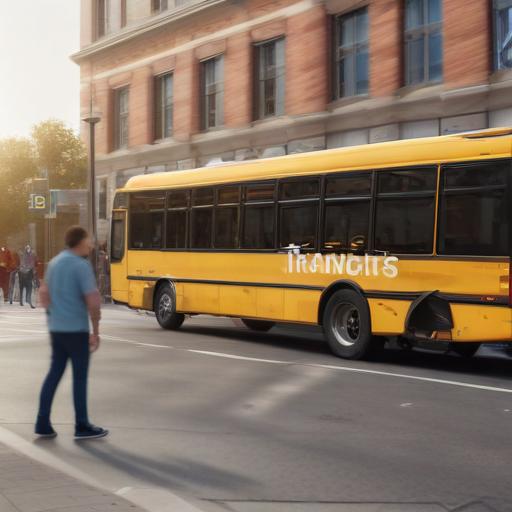Members of Philadelphia’s City Council traveled to Harrisburg on Monday to advocate for critical funding for the Southeastern Pennsylvania Transportation Authority (SEPTA) in the upcoming state budget. This urgent effort aims to prevent severe service cuts and fare increases that could have far-reaching implications for the transit system.
The timing of the visit coincided with a deadline set by state lawmakers, who intend to finalize the budget by midnight Tuesday. However, the situation has become precarious, as legislative leaders announced a recess before an agreement has been reached on the budget.
Discussions between state and city leaders reflect a complex political landscape, with a Republican majority in the state legislature and Democratic leadership, including Governor Josh Shapiro, who has proposed an additional $168 million in SEPTA funding. This funding is seen as crucial to offset the impact of a recent budget decision that could cut services by 45% by July 2026 and raise fares from $2.50 to $2.90 per ride.
Philadelphia City Council President Kenyatta Johnson emphasized the significance of these discussions, highlighting his previous experience and relationships that could influence negotiations. “I believe my presence alone could have an impact on the budget negotiations,” he remarked.
City leaders are not only focusing on the immediate effects of SEPTA budget cuts on Philadelphia but also on the broader economic implications for the entire state. Councilmember Jamie Gauthier pointed out that SEPTA is vital for both the city and the surrounding regions, as it plays a central role in powering the state’s economic engine.
In addition to SEPTA funding, there is an urgent need for state support for Pre-K programs in Philadelphia. Tiffany Chavous, an educator at Somerset Academy Early Learning Center, expressed concern over the potential impact of funding shortages on over 20 staff members whose livelihoods depend on the program. “If we do not receive state funding, we may have to close our doors,” she said, noting that delays in funding could disrupt operations, affecting vendor payments and the provision of essential services like meals for children.
As the city continues to navigate this budget crisis, both SEPTA and early childhood education programs are at a critical juncture. Securing the necessary funding could prevent significant disruptions and support the health of the local economy.
Looking ahead, the city and state leaders remain hopeful that discussions will lead to a favorable resolution, underscoring the shared importance of maintaining transit services and educational opportunities for Philadelphia’s residents.
